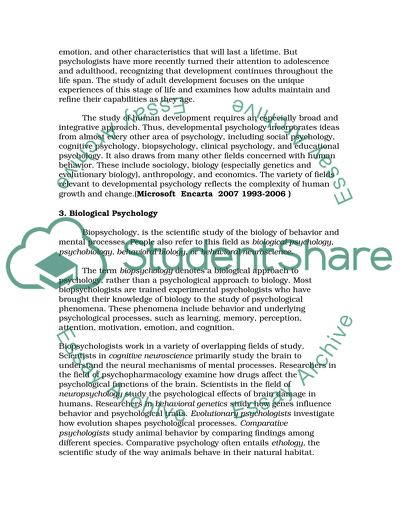Cite this document
(Main Approaches in Psychology Assignment Example | Topics and Well Written Essays - 2500 words, n.d.)
Main Approaches in Psychology Assignment Example | Topics and Well Written Essays - 2500 words. https://studentshare.org/psychology/1712650-introduction-to-social-science-and-counselling-part-3
Main Approaches in Psychology Assignment Example | Topics and Well Written Essays - 2500 words. https://studentshare.org/psychology/1712650-introduction-to-social-science-and-counselling-part-3
(Main Approaches in Psychology Assignment Example | Topics and Well Written Essays - 2500 Words)
Main Approaches in Psychology Assignment Example | Topics and Well Written Essays - 2500 Words. https://studentshare.org/psychology/1712650-introduction-to-social-science-and-counselling-part-3.
Main Approaches in Psychology Assignment Example | Topics and Well Written Essays - 2500 Words. https://studentshare.org/psychology/1712650-introduction-to-social-science-and-counselling-part-3.
“Main Approaches in Psychology Assignment Example | Topics and Well Written Essays - 2500 Words”. https://studentshare.org/psychology/1712650-introduction-to-social-science-and-counselling-part-3.


